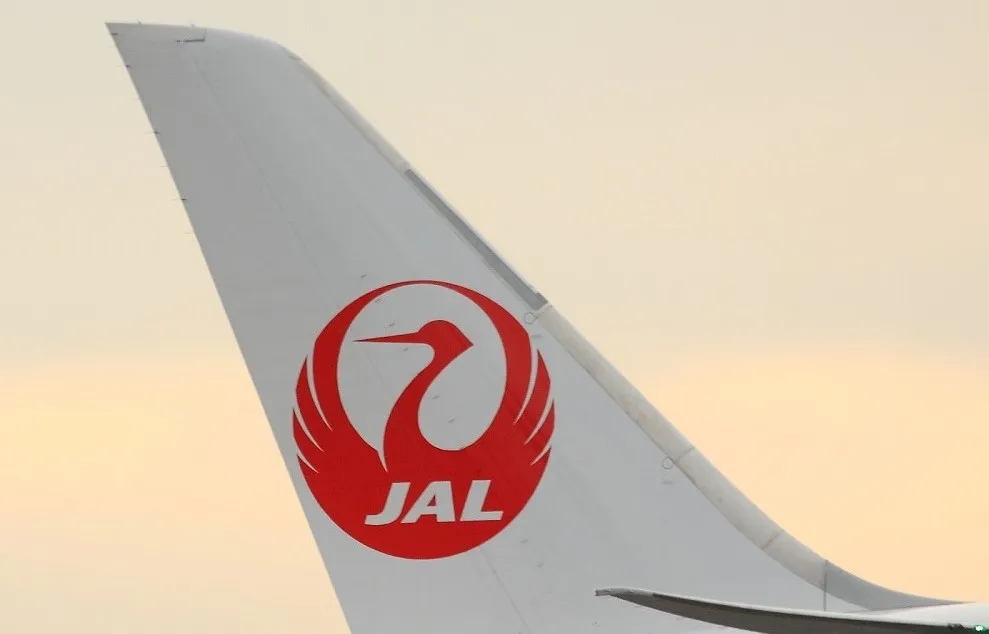
Competition watchdog rejects Qantas-Japan Airlines deal as detrimental
Sep 13, 2021

Australia's competition watchdog has rejected the proposed partnership between Qantas and Japan Airlines, citing concerns that the deal would negatively impact competition in the airline industry. The Australian Competition and Consumer Commission expressed that the collaboration could lead to higher fares and reduced service options for travelers, particularly on routes between Australia and Japan. The decision highlights the regulatory body's commitment to maintaining a competitive market, ensuring that consumers benefit from fair pricing and diverse choices. This ruling emphasizes the challenges that airlines face in forging alliances while adhering to competition laws.
The Australian Competition and Consumer Commission (ACCC) recently rejected the proposed partnership between Qantas and Japan Airlines, deeming it detrimental to competition in the airline industry. This decision highlights the ongoing scrutiny of mergers and partnerships within the sector, particularly those that may reduce consumer choice and inflate prices. In this article, we will explore the implications of this decision and how it impacts the airline industry, especially in relation to the "referrerAdCreative" strategies employed by these companies.
Understanding the ACCC's Decision
The ACCC's main concern revolved around the potential for Qantas and Japan Airlines to dominate certain routes between Australia and Japan. By collaborating, the two airlines could have stifled competition, leading to higher fares and fewer options for travelers. The watchdog emphasized its commitment to maintaining a competitive marketplace, which is crucial for consumers who rely on affordable and accessible air travel.
The Impact on Consumers
With the rejection of the Qantas-Japan Airlines deal, consumers can expect to see continued competition among airlines operating in the Australia-Japan sector. This is good news for travelers looking for reasonable airfare options. The ACCC's decision ensures that airlines will need to differentiate themselves through service, pricing, and marketing strategies, including their "referrerAdCreative" initiatives.
Market Dynamics in the Airline Industry
The airline industry is characterized by a few dominant players, and partnerships like the one proposed between Qantas and Japan Airlines can lead to significant shifts in market dynamics. The ACCC’s rejection serves as a reminder of the delicate balance that regulators must maintain to protect consumer interests while allowing businesses to form strategic alliances. The refusal of this deal may encourage other airlines to pursue innovative marketing tactics to attract customers, such as enhanced "referrerAdCreative" campaigns.
The Role of "referrerAdCreative" in Airline Marketing
With the competitive landscape remaining intact, airlines will likely invest more in their marketing strategies. "ReferrerAdCreative" plays a crucial role in how airlines reach potential customers. This includes targeted advertising, partnerships with travel agencies, and loyalty programs that incentivize repeat business. By enhancing their "referrerAdCreative", airlines can ensure that they maintain visibility and attractiveness in a competitive market.
Potential Long-term Effects on Qantas and Japan Airlines
The rejection of the partnership could have long-term implications for both Qantas and Japan Airlines. Each airline may need to reassess its strategy for entering the Japanese market or expanding its offerings in Australia. This could include exploring different partnerships, enhancing customer service, or investing in technology to improve the travel experience. The focus will undoubtedly be on how to effectively use "referrerAdCreative" to capture the attention of travelers.
Comparative Analysis of Airline Partnerships
| Airlines | Partnership Outcome | Consumer Impact |
|---|---|---|
| Qantas & Japan Airlines | Rejected by ACCC | Maintained competition, preserved fare options |
| American Airlines & British Airways | Approved | Increased joint routes, potential fare increases |
| Delta Airlines & Virgin Australia | Approved | More routes, improved competition on certain flights |
Future Considerations for Airlines
As airlines navigate the complexities of partnerships and regulatory approvals, the emphasis on maintaining competitive pricing and consumer choice remains paramount. The ACCC's decision serves as a precedent for future collaborations in the airline industry. Airlines must be aware of the regulatory landscape and tailor their "referrerAdCreative" strategies accordingly to ensure compliance while effectively reaching their target market.
The Importance of Regulatory Oversight
The ACCC’s active role in monitoring airline partnerships is essential for promoting healthy competition. Regulatory bodies serve as watchdogs to prevent monopolistic practices that can harm consumers. As the airline industry continues to evolve, it will be crucial for these regulators to adapt to new market conditions and maintain a fair playing field.
Conclusion
The rejection of the Qantas-Japan Airlines deal underscores the importance of competition in the airline industry. For consumers, this means more choices and potentially better pricing. As airlines focus on enhancing their "referrerAdCreative" and marketing strategies, the landscape will remain dynamic. Ultimately, the ongoing efforts by regulatory bodies like the ACCC will play a vital role in shaping the future of air travel in Australia and beyond.
Related Articles

Explore Thailand: The Best Islands to Visit for Paradise, Adventure, and Relaxation

The Ultimate Guide to the Best Islands in Thailand for Your Next Getaway

Do babies need passports? How to get a passport for a newborn

How to get a U.S. passport fast: here’s how to expedite the process

What is Mobile Passport Control: 5 reasons why you should use it

SENTRI vs. Global Entry: A detailed guide

Do you need a passport to go to the Bahamas? Let’s find out

Do you need a passport to go to Mexico? A detailed guide

Do you need a passport to go to Canada? We got the answer

Do You Need a Passport for a Cruise: An Essential Travel Guide

Booster Seat Requirements: All the Rules to Follow in Your Rental Car

What Are the World’s Most Powerful Passports, and How Does Yours Rank?

How to Take a Passport Photo at Home: A Helpful Guide

You've got to have heart! Southwest's new livery

Your opinion: Should water be free on low cost carriers?

Young women bolder than guys as solo travellers
